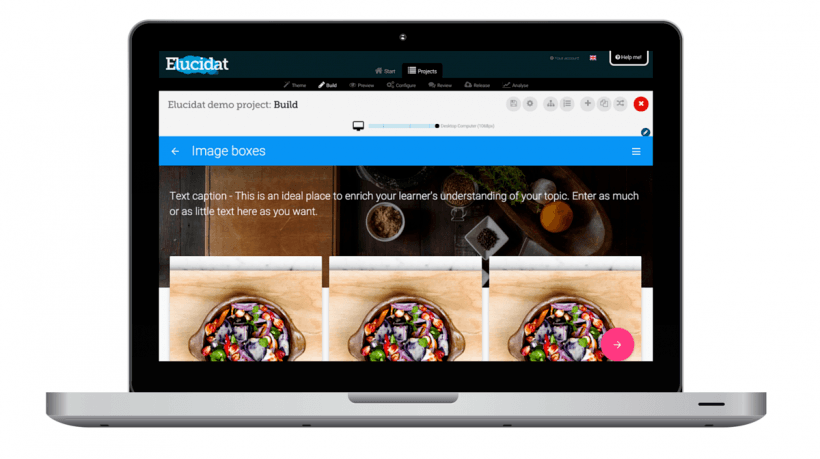March 30, 2016
Using Virtual Reality In Education
The beginning of the Sixties, besides the Cuban Crisis and the rise of the hippie movement, is notable for giving birth to Sensorama, one of the earliest prototypes of the modern virtual reality equipment. It allowed for viewing stereoscopic 3D images accompanied by stereo sound, smells, as well as wind effect. The device was revolutionary for its time, and it spearheaded the development of what Jaron Zepel Lanier dubbed in 1989 as “Virtual Reality” (VR). Having obtained a catchy name, the new technology has been gathering new adherents ever since.
by Michael Treser











